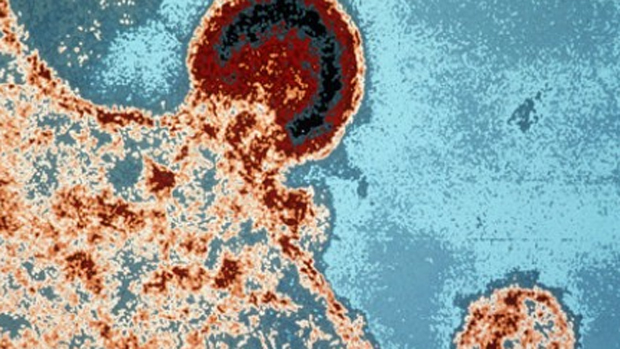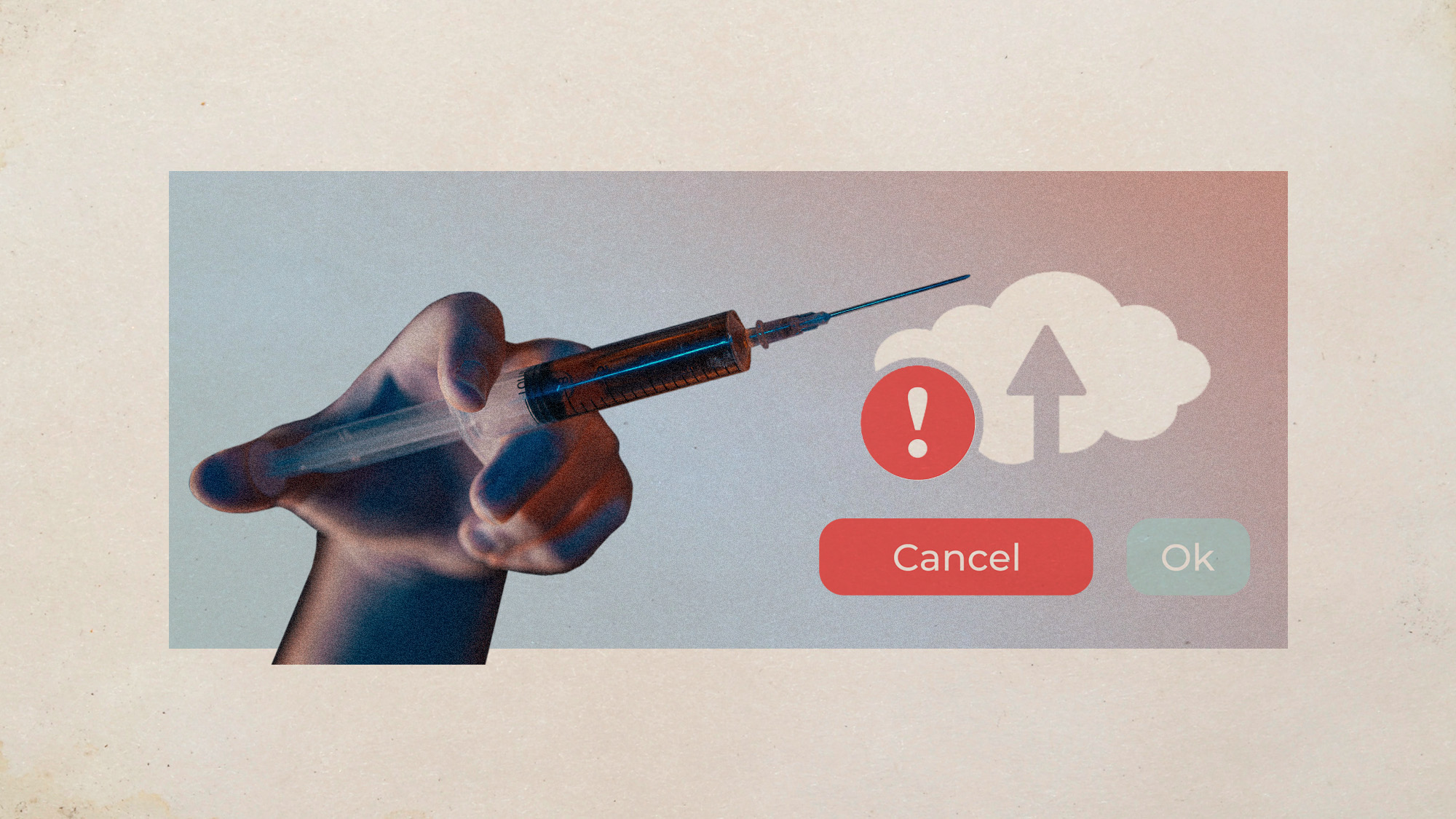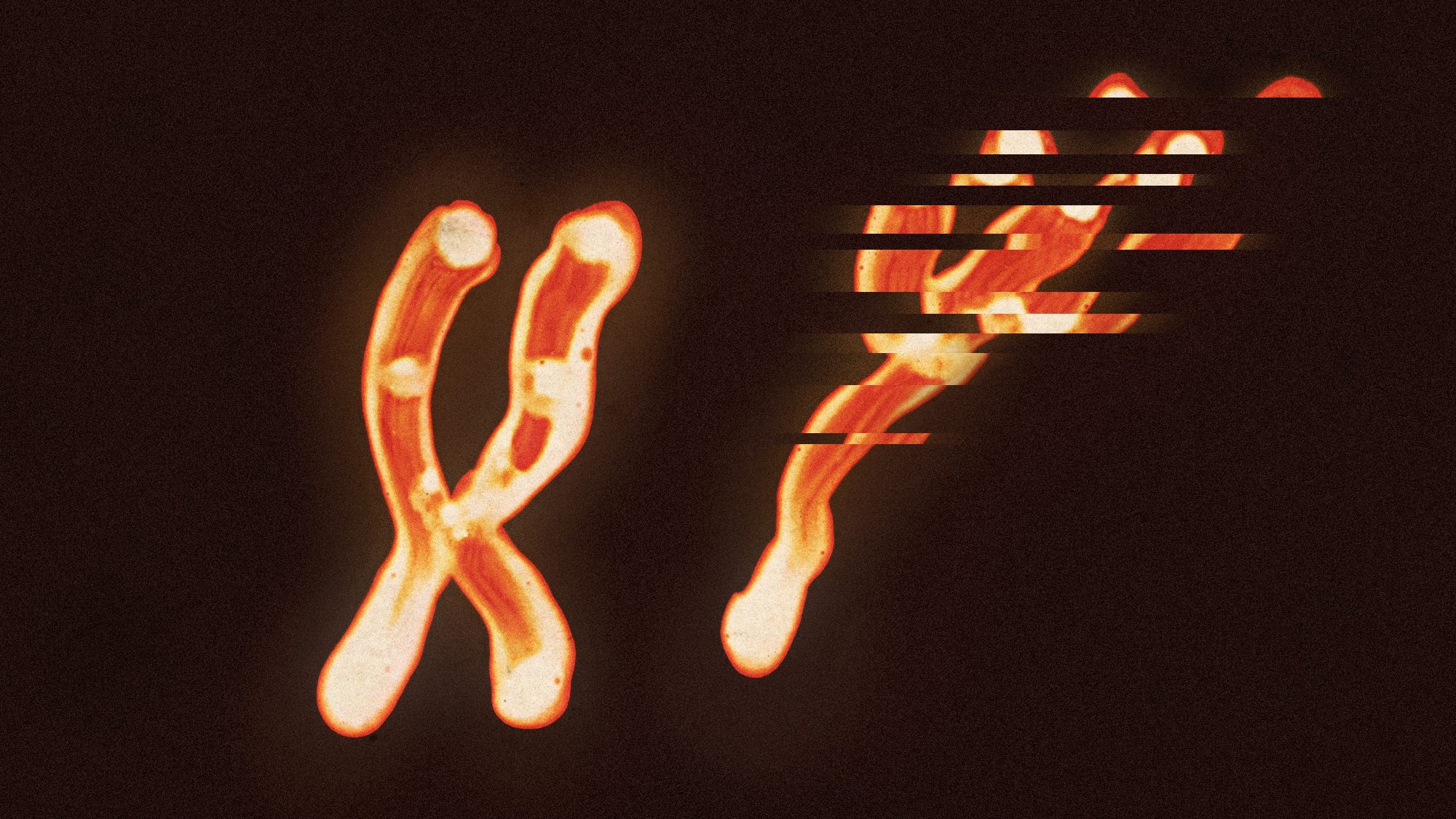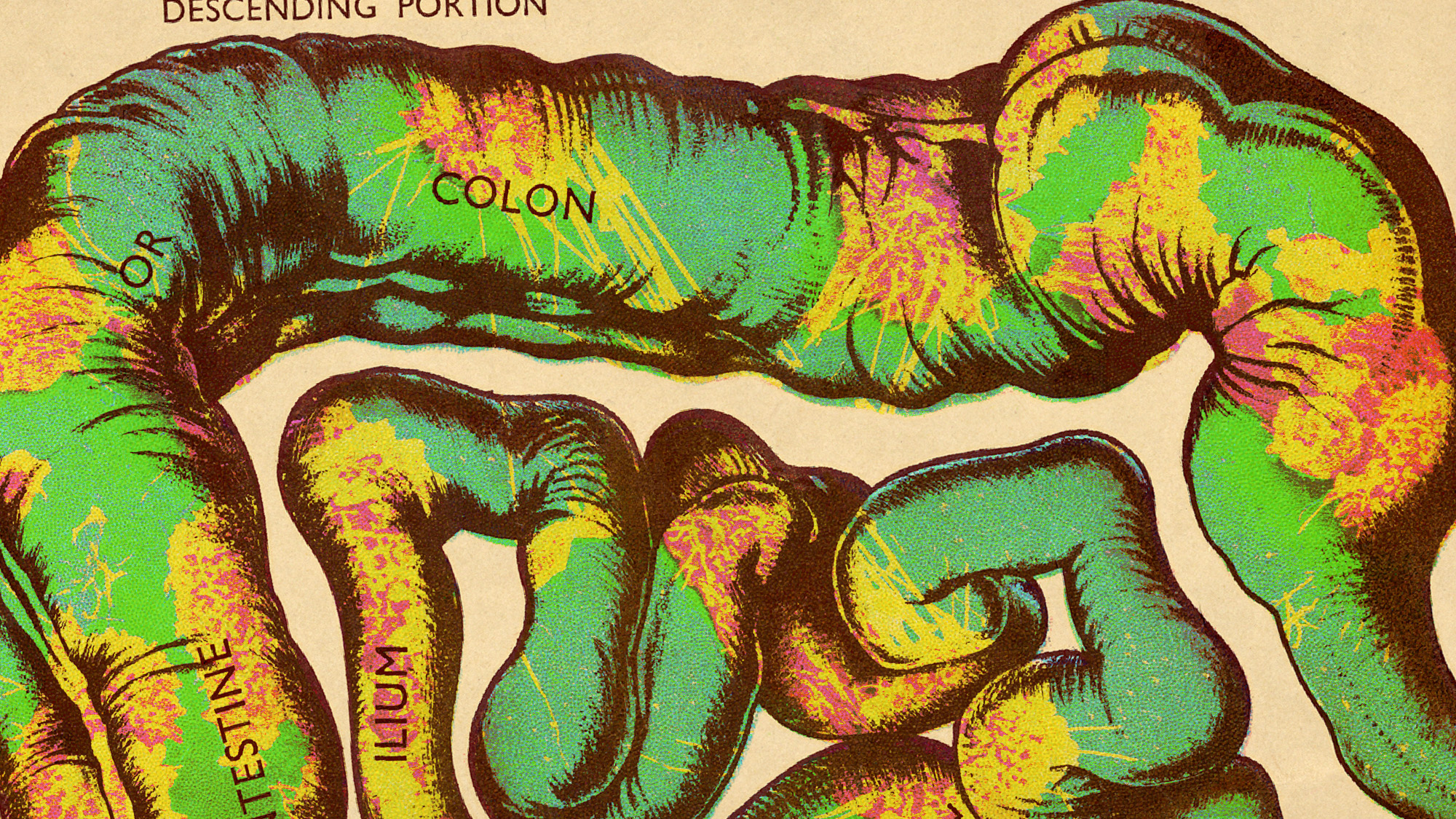How cancer drugs are being used to kill HIV
Researchers say treatment may be able to flush virus from hiding places in the body

A free daily email with the biggest news stories of the day – and the best features from TheWeek.com
You are now subscribed
Your newsletter sign-up was successful
Scientists have developed a way to combat HIV's survival mechanism, flushing the virus out of its hiding places and killing it in the bloodstream.
The treatment uses a "highly potent" cancer drug to target dormant reservoirs of HIV in the body. Experts describe the new approach as "interesting" but said testing is necessary to determine whether the drug is safe.
What is the treatment and how does it work?
The Week
Escape your echo chamber. Get the facts behind the news, plus analysis from multiple perspectives.

Sign up for The Week's Free Newsletters
From our morning news briefing to a weekly Good News Newsletter, get the best of The Week delivered directly to your inbox.
From our morning news briefing to a weekly Good News Newsletter, get the best of The Week delivered directly to your inbox.
Researchers at the UC Davis School of Medicine in California are investigating a skin cancer drug known as PEP005 to study its effects on HIV.
Anti-retroviral therapy, the "cornerstone" of cancer treatment, aims to kill HIV in the bloodstream but "leaves 'HIV reservoirs' untouched", the BBC reports.
Researchers believe that PEP005 may be able to "kick and kill" these reservoirs of hidden HIV, reactivating them so they can be destroyed.
How effective is it?
A free daily email with the biggest news stories of the day – and the best features from TheWeek.com
According to the report, "PEP005 is highly potent in reactivating latent HIV". The chemical is one of a number of "lead compounds for combating HIV".
"We are excited to have identified an outstanding candidate for HIV reactivation and eradication that is already approved and is being used in patients," said the chair of the Department of Medical Microbiology and Immunology, Satya Dandekar, who led the study. "This molecule has great potential to advance into translational and clinical studies."
What are the downsides?
While the UC Davis School of Medicine's early results appear promising, the "kick" part of the treatment will only be effective if it can be followed up with a "kill", Medical Xpress reports.
"First, we need to identify the best combination of latency-activating agents," said Dandekar. "Then we must help patients clear these reactivated cells. Just reactivating the HIV from latency won't be enough."
What next?
Experts say the next step will be to work out whether the drug is safe for patients.
Professor Sharon Lewin, from the University of Melbourne, said the results marked an "important advance in finding new compounds that can activate latent HIV".
She told the BBC: "This study adds another family of drugs to test to potentially eliminate long-lived forms of HIV, although much more work needs to be done to see if this works in patients."
-
 Crisis in Cuba: a ‘golden opportunity’ for Washington?
Crisis in Cuba: a ‘golden opportunity’ for Washington?Talking Point The Trump administration is applying the pressure, and with Latin America swinging to the right, Havana is becoming more ‘politically isolated’
-
 5 thoroughly redacted cartoons about Pam Bondi protecting predators
5 thoroughly redacted cartoons about Pam Bondi protecting predatorsCartoons Artists take on the real victim, types of protection, and more
-
 Palestine Action and the trouble with defining terrorism
Palestine Action and the trouble with defining terrorismIn the Spotlight The issues with proscribing the group ‘became apparent as soon as the police began putting it into practice’
-
 The truth about vitamin supplements
The truth about vitamin supplementsThe Explainer UK industry worth £559 million but scientific evidence of health benefits is ‘complicated’
-
 The stalled fight against HIV
The stalled fight against HIVThe Explainer Scientific advances offer hopes of a cure but ‘devastating’ foreign aid cuts leave countries battling Aids without funds
-
 Covid-19 mRNA vaccines could help fight cancer
Covid-19 mRNA vaccines could help fight cancerUnder the radar They boost the immune system
-
 Bluetoothing: the phenomenon driving HIV spike in Fiji
Bluetoothing: the phenomenon driving HIV spike in FijiUnder the Radar ‘Blood-swapping’ between drug users fuelling growing health crisis on Pacific island
-
 Deadly fungus tied to a pharaoh's tomb may help fight cancer
Deadly fungus tied to a pharaoh's tomb may help fight cancerUnder the radar A once fearsome curse could be a blessing
-
 'Poo pills' and the war on superbugs
'Poo pills' and the war on superbugsThe Explainer Antimicrobial resistance is causing millions of deaths. Could a faeces-filled pill change all that?
-
 The Y chromosome degrades over time. And men's health is paying for it
The Y chromosome degrades over time. And men's health is paying for itUnder the radar The chromosome loss is linked to cancer and Alzheimer's
-
 A bacterial toxin could be contributing to the colorectal cancer rise in young people
A bacterial toxin could be contributing to the colorectal cancer rise in young peopleUnder the radar Most exposure occurs in childhood